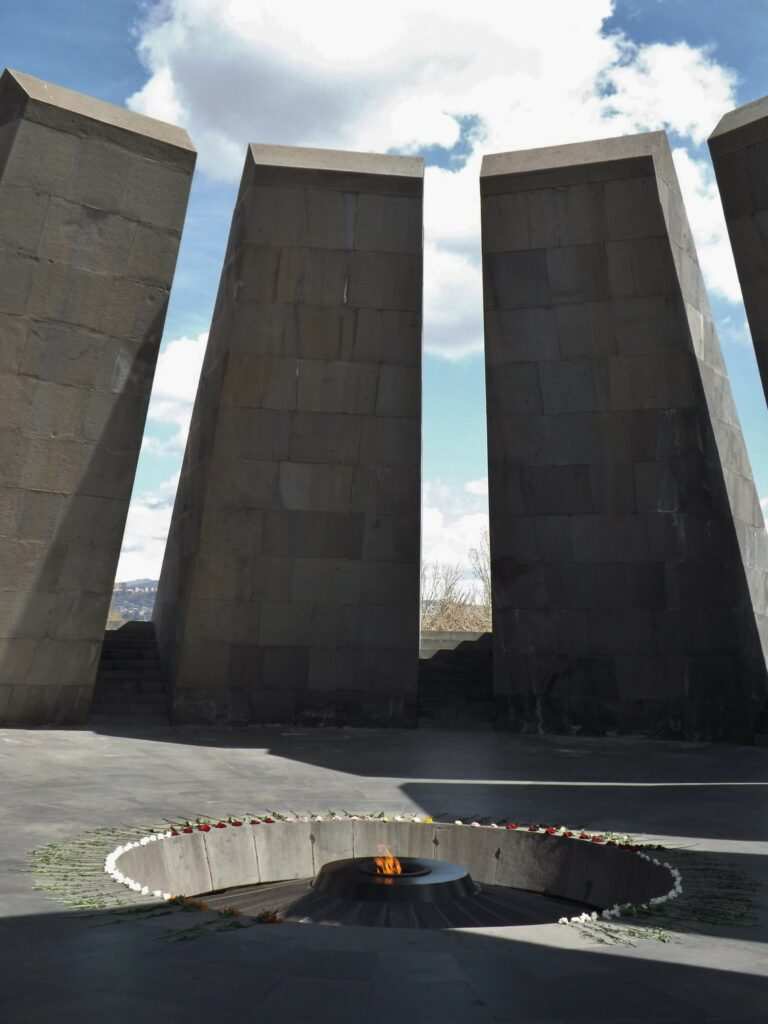This article was originally published by Radio Free Europe/Radio Liberty and is reprinted with permission.
U.S. President Joe Biden is likely to recognize the massacre of Armenians by the Ottoman Empire during World War I as genocide, media reports say, amid calls for the move by more than 100 U.S. lawmakers.
The recognition, promised by Biden during the presidential campaign for the November election he won, would be largely symbolic but is likely to anger Turkey and step up already high tensions between the two NATO allies.
Biden is expected to use the word “genocide” as part of a statement on April 24 when annual Armenian Genocide Remembrance Day commemorations are held around the world, sources familiar with the matter told Reuters and The New York Times.
“My understanding is that he took the decision and will use the word genocide in his statement on Saturday,” a source told Reuters.
However, sources warned that given the importance of bilateral ties with Turkey, Biden may still choose to drop the “genocide” term at the last minute. Turkish Foreign Minister Mevlut Cavusoglu has warned the White House that recognition would “harm” U.S.-Turkish ties.

The reports came as a bipartisan group of more than 100 members of the House of Representatives on April 21 signed a letter to Biden calling on him to become the first U.S. president to formally recognize the systematic killings and deportation of Armenians as an act of genocide.
The letter was led by Representative Adam Schiff (Democrat-California).
“The shameful silence of the United States Government on the historic fact of the Armenian Genocide has gone on for too long, and it must end,” the lawmakers wrote. “We urge you to follow through on your commitments, and speak the truth.”
Biden as a candidate pledged in April last year that if elected he would recognize the Armenian genocide, saying that “silence is complicity,” but did not give a timeline for delivering on the promise.
During and immediately after World War I, Ottoman Turks killed or deported as many as 1.5 million Armenians — a Christian minority in the predominately Muslim empire. Many historians and some other countries consider the killings genocide.
Turkey objects to the use of the word “genocide” to describe the killings. Ankara claims the deaths were a result of civil strife rather than a planned Ottoman government effort to annihilate Armenians. Turkey also claims fewer Armenians died than has been reported.
White House press secretary Jen Psaki on April 21 told reporters the White House would likely have “more to say” about the issue on April 24, but declined to elaborate.
The State Department referred queries on the issue to the White House and the National Security Council had no comment beyond what Psaki said.
Moves to recognize the Armenian genocide have stalled in the U.S. Congress for decades, and U.S. presidents have refrained from formally using the term amid concerns about relations with Turkey and intense lobbying by Ankara.
Turkish President Recep Tayyip Erdogan had established a close bond with former U.S. President Donald Trump, but he has yet to speak to Biden since he was inaugurated as president on January 20.



